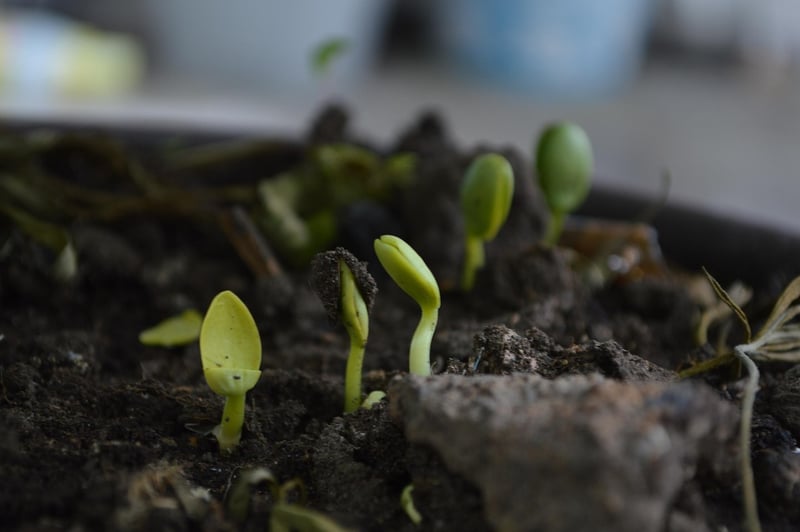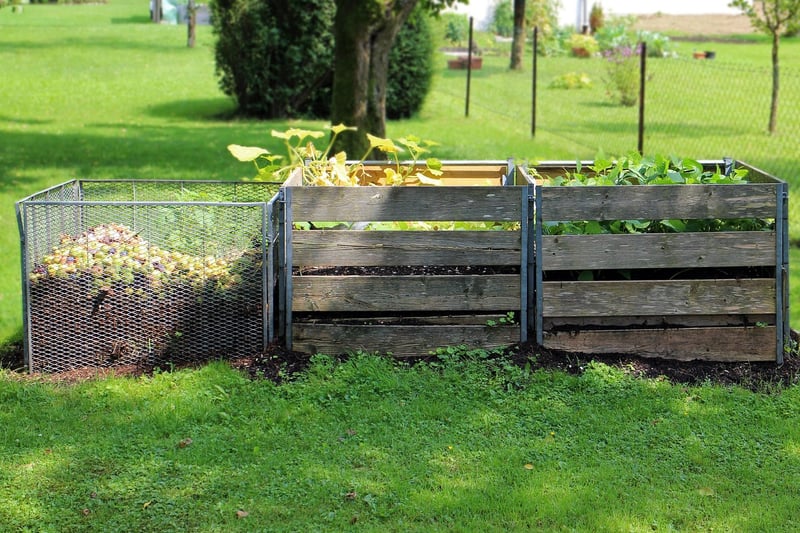Troubleshooting Compost
Creating Nutrient-Rich Soil and Troubleshooting Compost
Introduction
Creating nutrient-rich soil is essential for healthy plant growth and a thriving garden. Composting is a great way to enrich the soil with organic matter, but it can sometimes encounter issues that need troubleshooting. In this article, we will explore how to create nutrient-rich soil through composting and address common composting problems.
Creating Nutrient-Rich Soil Through Composting
Composting is the process of decomposing organic matter to create nutrient-rich soil. To start a compost pile, you will need a mix of "green" materials such as fruit and vegetable scraps, grass clippings, and coffee grounds, as well as "brown" materials like leaves, straw, and cardboard. Layer these materials in a compost bin or pile, ensuring a good balance of greens and browns for optimal decomposition.
Steps to Create Compost:
- Choose a suitable location for your compost pile.
- Layer green and brown materials.
- Keep the compost moist but not waterlogged.
- Turn the compost regularly to aerate it and speed up decomposition.
- Monitor the compost pile for heat, which indicates active decomposition.
- After a few months, your compost will be ready to use in the garden.
Troubleshooting Compost
While composting is a straightforward process, issues can arise that hinder decomposition or create unpleasant odors. Here are some common composting problems and how to address them:
Common Composting Problems:
- Foul Odors: If your compost pile smells bad, it may be too wet or have an imbalance of green and brown materials. Add more browns and turn the pile to improve aeration.
- Slimy Texture: A slimy compost pile indicates excess moisture. Mix in dry materials like leaves or straw to absorb the moisture and improve airflow.
- Pests: Ants, flies, or rodents in your compost can be a sign of food waste exposed on the surface. Cover food scraps with a layer of browns to deter pests.
- Slow Decomposition: If your compost is not breaking down efficiently, it may lack nitrogen. Add more green materials or a nitrogen-rich compost activator to accelerate decomposition.
Conclusion
By following these tips for creating nutrient-rich soil through composting and troubleshooting common composting problems, you can maintain a healthy and productive garden. Composting is a sustainable practice that not only improves soil quality but also reduces waste and benefits the environment.
Remember, patience is key when it comes to composting. With time and proper care, you'll have nutrient-rich compost to nourish your plants and promote a thriving garden!

References: EPA - Composting at Home
